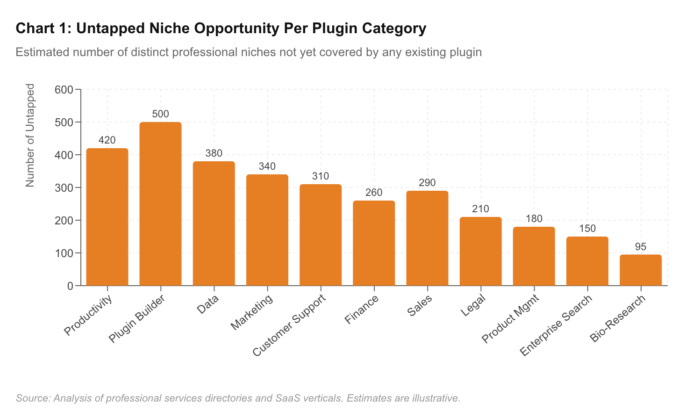A bizarre excuse for failing an exam has been uncovered.
We would attempt it.

Sometimes, things don't always turn out the way we hoped. After spending an entire year studying, revising in the last few weeks, and pulling an all-nighter, there's nothing more disappointing than not receiving the exam grade we were aiming for. It can be disheartening, but perhaps it's not entirely our fault.
According to scientists from the University of South Australia, there may be a reason for lower exam scores that is completely out of our control - high ceilings. This may come as a surprise, especially since many exams are held in large places like gyms or halls. Dr. Isabella Bower and her team analyzed data from over 15,000 undergraduate students from 2011 to 2019 and found a correlation between exam results and the height of the ceilings in their exam rooms.
Even after taking into account factors like age, gender, time of year, previous exam experience, and overall coursework performance, the researchers discovered that students who took exams in rooms with higher ceilings tended to have lower scores. It's a puzzling finding, as exams are often held in unfamiliar places that are not specifically designed for testing.
Although the exact reason for this is still unknown, Dr. Bower explains that many of these large spaces are designed for other purposes such as sporting events, exhibitions, or performances. She believes that the brain may function differently in these types of environments, and it's important to understand how this affects students' performance.
This research was sparked by previous studies that looked into the effects of different environments on brain activity. Dr. Bower and her team used virtual reality and electrodes to measure brain cell communication and monitored heart rate, breathing, and sweating while participants were placed in different room sizes. They found that being in a bigger room caused more brain activity associated with focusing on a difficult task, leading them to question whether larger spaces could actually hinder performance.
Dr. Bower explains, "Based on these results, we were curious to see if being in a large space, like a gymnasium, while trying to concentrate on an important task would lead to poorer performance." Co-author Associate Professor Jaclyn Broadbent from Deakin University adds, "Exams have been a crucial part of our education system for centuries, shaping students' futures. It's crucial to consider the impact of physical environments on performance and make necessary adjustments to give all students an equal chance at success."
In Australia, many universities and schools use large indoor spaces for exams to make the logistics and costs more manageable. However, these findings shed light on the potential impact of the physical environment on students and the need to make adjustments to ensure equal opportunities for success. As Associate Professor Broadbent mentions, this research can help us better design buildings and spaces where we live and work, allowing us to perform at our best.










